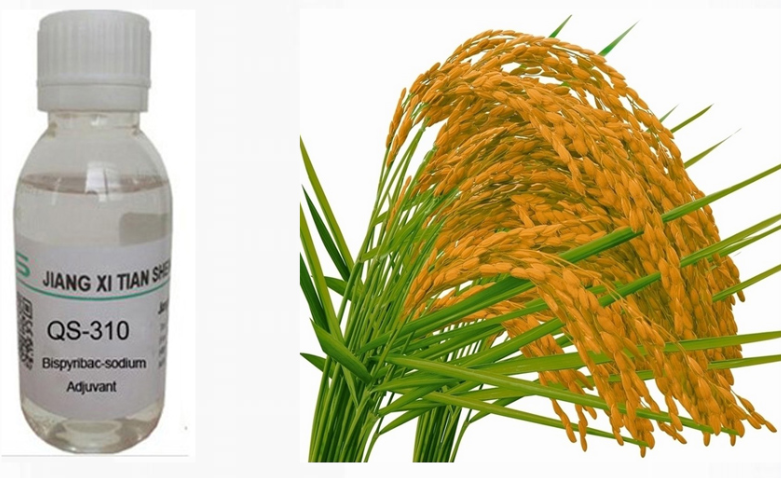Release date: 2007-02-26
Harbin Medical University stem cell transplantation for the treatment of difficult diseases, according to China Medical News Heilongjiang News in the treatment of cerebral ischemia, myocardial infarction, liver fibrosis and multiple sclerosis and spinal cord, bone injury and other difficult diseases, through the vein transplantation of stem cells can be damaged Site migration, differentiation repair and immune regulation. A basic medical subject led by Professor Jin Lianhong from the Department of Histology and Embryology of Harbin Medical University provides experimental evidence and novel ideas for the future application of clinical stem cells. This achievement was recently awarded the first prize of Heilongjiang Province Medical and Health Science and Technology Progress Award in 2006.
Diabetes, bone damage, liver fibrosis, myocardial infarction, Alzheimer's disease, and Guillain-Barré syndrome are common clinical and difficult diseases. Although many countries have invested a lot of manpower and resources to conduct research, they have not yet made satisfactory progress. Professor Jin Lianhong, Li Hulun and others, with the support of the Heilongjiang Provincial Science and Technology Research Fund Program, selected these diseases as breakthroughs, and explored neural stem cells and bone marrow stroma by means of molecular biology, immunology, biochemistry, and pathology through in vitro and in vivo experiments. Stem cell differentiation mechanism; at the same time, based on various animal models, the efficacy of these stem cells was identified and evaluated.
Through research, the research team first discovered that NB-3 binds to Notch cell membrane receptor to promote differentiation of neural stem cells into oligodendrocytes; it is confirmed that after cerebral ischemia, bone marrow stem cells can migrate to the cerebral ischemic site and are in ischemia. Localized differentiation into neural cells; confirmed that bone marrow stem cells can alleviate the symptoms of multiple sclerosis and Guillain-Barre syndrome animal models through migration, differentiation, and immune regulation; and found that stem cells can promote axonal regeneration and synaptic reconstruction and repair Spinal cord injury; Jagged1 factor was found to promote BMSC (bone marrow mesenchymal stem cells) differentiation into cardiomyocytes; BMSCs were confirmed to differentiate into bone and chondrocytes; BMSCs were found to inhibit liver by secreting TGF-β (transfer growth factor-β) Fibrotic cell growth plays a therapeutic role in liver fibrosis.
During stem cell differentiation, NB-3 protein is a target protein that promotes the differentiation of neural stem cells into oligodendrocytes. Jagged1 factor can promote the differentiation of bone marrow stromal stem cells into cardiomyocytes; stem cells can also be immunomodulated by their secreted cytokines. Reduces the infiltration of inflammatory cells at the site of inflammation. The experimental results show that stem cell transplantation is convenient, no immune rejection, simple treatment procedure, can reduce the pain caused by immunosuppressive agents, and has broad clinical application prospects.
Source: China Medical News
QS-310 is special non ionic modified surfactant.
it is a special high efficiency Wetting Agent for Bispyribac Sodium SC. With strong affinity, adhesive force and penetration on the surface of plant,greatly reduce the surface tension, greatly improve the fast acting and control efficiency effect of pesticide.
As Tank-mix, 15g 10% Bispyribac-sodium SC,add 15g of the adjuvant,dilute 1000 times before use,or adjust proportion according to local actual situation.

Surfactant Agent,Bispyribac Sodium Sc Adjuvant,Bispyribac-Sodium Surfactant,Adjuvant For Bispyribac Sodium Sc
Jiangxi Tiansheng New Materials Co.,Ltd , https://www.jxtsxcl.com